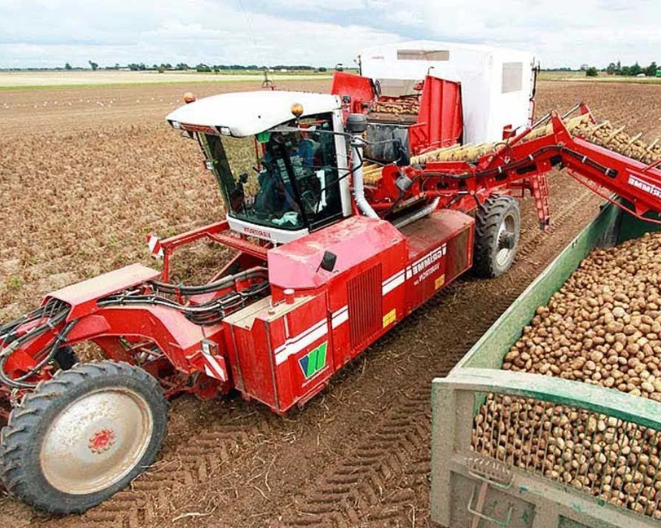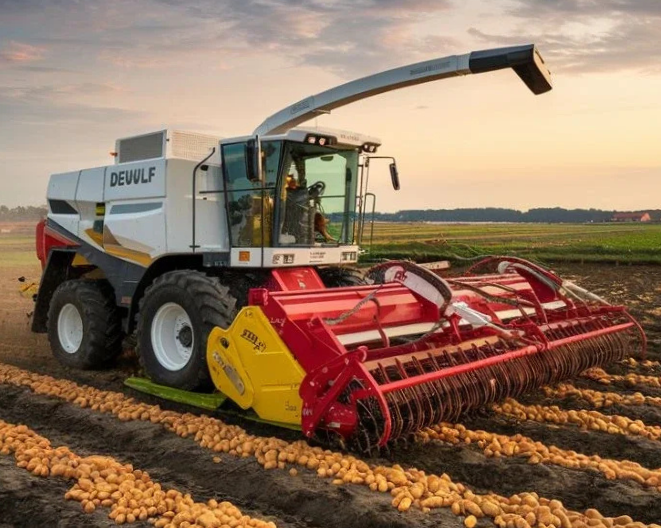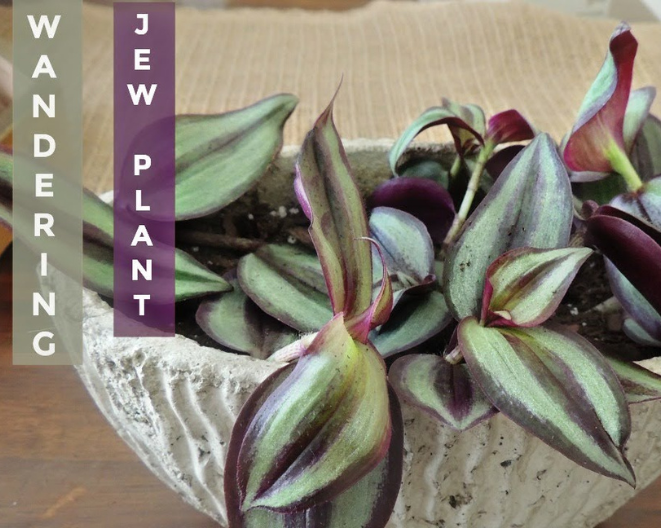A significant investment for any farmer is purchasing the appropriate potato harvester. A trustworthy harvester may significantly increase productivity, save labor costs, and enhance crop quality. You must first decide whether to purchase or rent a potato harvester before you can get started. The demands, financial constraints, and long-term goals of your farm will determine which option is ideal for you. Each option has advantages of its own. Let’s dissect the elements to take into account while evaluating these choices.
The Role of a Potato Harvester
A potato harvester takes potatoes from the ground, removes dirt and debris, and then bags or boxes them for storage. The correct equipment streamlines the harvesting process, improves efficiency, and reduces crop damage, making it a valuable asset. However, whether you buy or rent one is determined by a number of criteria, including your farm’s size and future goals.
Also read: How the Dewulf Harvester Model D-7146 is Revolutionizing Root Crop Harvesting
Pros and Cons of Buying a Potato Harvester
Buying a potato harvester can be a significant investment, especially if you’re looking at larger or more technologically advanced models. Here’s a closer look at the advantages and disadvantages:
Pros of Buying Potato Harvester
- Long-Term Cost Savings: Over time, owning a harvester can be more cost-effective than renting each season.
- Availability When Needed: With a purchased machine, you’re not dependent on rental availability, allowing for more flexibility in scheduling your harvest.
- Potential Resale Value: A well-maintained harvester can retain its value, providing you with the option to resell when upgrading.
- Customization Options: When you own a machine, you can make adjustments or add modifications to better suit your farm’s needs.
Cons of Buying Potato Harvester
- High Initial Cost: Potato harvesters are expensive, and upfront costs can be a challenge for smaller farms.
- Maintenance and Storage Costs: Ownership means you’re responsible for all maintenance, repairs, and storage when the harvester isn’t in use.
- Depreciation: Like all machinery, harvesters depreciate over time, potentially reducing resale value.
Pros and Cons of Renting a Potato Harvester
Renting a potato harvester can be an attractive alternative, especially for smaller farms or those testing new equipment. Here are the main benefits and drawbacks:
Benefits of Renting Potato Harvester
- Lower Cost to Start: Renting involves a lower initial commitment, allowing you to have access to superior gear without incurring a large upfront cost.
- No worries about maintenance: The rental company normally handles maintenance and repairs, saving you time and bother.
- Flexibility: You may rent multiple models during the season to evaluate what works best without making a long-term commitment.
- No Storage Required: When the season ends, you return the machine, so there is no need to keep it.
Drawbacks of Renting Potato Harvester
- Limited Availability: During peak harvest periods, the model you choose may not be available when you need it.
- Long-Term Costs: Renting season after season might end up costing more than purchasing a harvester.
- Less Customization: Because rental equipment cannot be customized, you may have to make do with fewer functionality.
Key Considerations When Deciding to Rent or Buy
Harvest Size and Frequency
If you have a large potato farm with an extensive harvest season, owning a harvester could be more cost-effective. Smaller farms or those with limited harvest windows might find renting more practical.
Budget and Financial Goals
Analyze your budget and determine how much you’re willing to invest. For farms with limited capital, renting can be a valuable way to access quality equipment without stretching finances. Farms with more robust budgets might see buying as a worthwhile long-term investment.
Technological Needs
Technology is advancing quickly in agricultural equipment, with new models often offering better efficiency and crop protection. Renting allows you to access the latest technology without a significant financial commitment while buying might limit your flexibility in upgrading to newer models.
Maintenance and Storage Capabilities
Consider if you have the resources for ongoing maintenance and storage of a potato harvester. If you’re not equipped to handle these, renting could save you time and money.
Cost Comparison: Renting vs. Buying
Buying Costs
- Initial Purchase Price: Depending on the model, a potato harvester can range from $20,000 to over $100,000.
- Annual Maintenance: Routine maintenance can cost a few thousand dollars annually, depending on use.
- Storage and Insurance: Storing and insuring the equipment may add additional annual costs.
Renting Costs
- Daily or Seasonal Rental Rate: Daily rates can range from $300 to $1,000, with seasonal rates often available at discounted terms.
- Limited Maintenance Costs: The rental company covers most maintenance, reducing costs.
- No Storage Costs: Since the equipment is returned after use, storage expenses are eliminated.
Seasonal Factors to Consider
For farmers in regions with a short potato harvesting season, renting may make more sense since you only need the harvester for a limited period. However, if your farm requires multiple harvests throughout the year, ownership could be more cost-effective and convenient.
Assessing Your Farm’s Long-Term Needs
Long-term planning is essential in determining whether to rent or buy a potato harvester. If you plan to expand your farm or increase production, investing in a quality harvester could support that growth. Conversely, if you anticipate shifting away from root crops, renting provides a lower-commitment solution.
Additional Resources and Advice
Consult with Other Farmers
Speaking with other farmers who own or rent harvesters can provide valuable insights. They can offer firsthand experience on maintenance requirements, cost comparisons, and potential issues with various models.
Financial and Tax Considerations
Explore financing options if you’re leaning toward buying. Some financial institutions offer loans specifically for agricultural machinery. Additionally, check with an accountant to see if you can leverage tax deductions for purchased equipment, as this could offset some of the costs.
Test Before Committing
If possible, try a rental for one season to gauge how well a potato harvester meets your farm’s needs before making a long-term purchase decision. This can give you a better understanding of the model’s performance in your specific conditions.
Conclusion: Choosing the Right Harvester for Your Farm
It might be challenging to decide between buying and renting a potato harvester, but taking your farm’s requirements, financial constraints, and long-term objectives into account can help. For smaller farms or those with sporadic harvests, renting can be a more economical option. Buying might offer greater ease and long-term savings for larger farms with consistent harvests.
Whether you rent or buy, a dependable potato harvester is critical for increasing efficiency and crop quality. Take the time to consider your alternatives and make the decision that best fits your farm’s goals. With the correct harvester, you can ensure a successful and fruitful harvest season.





